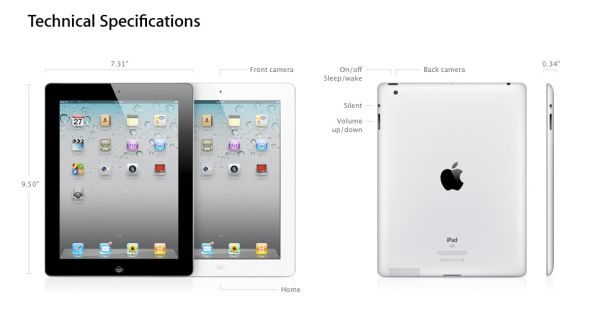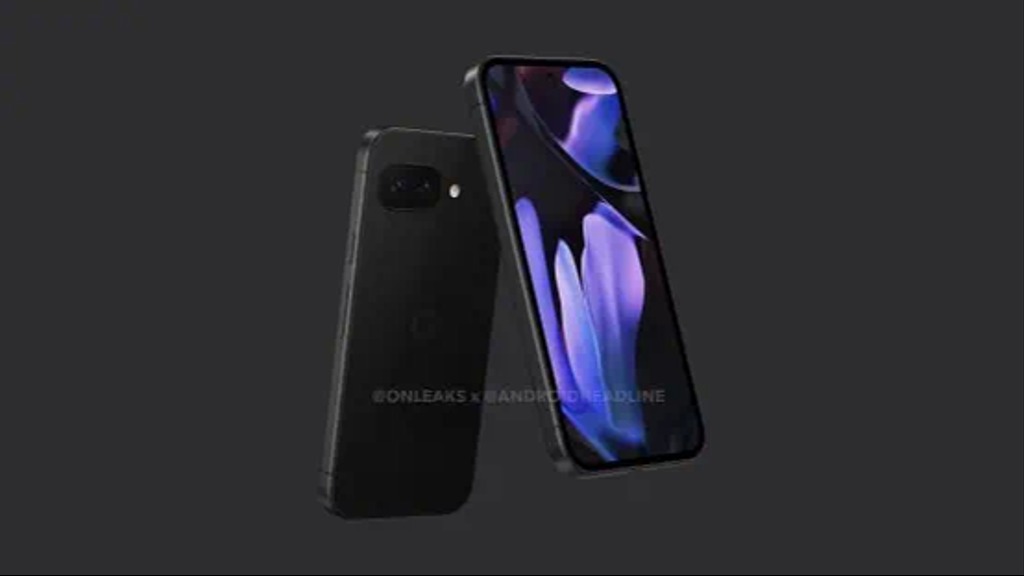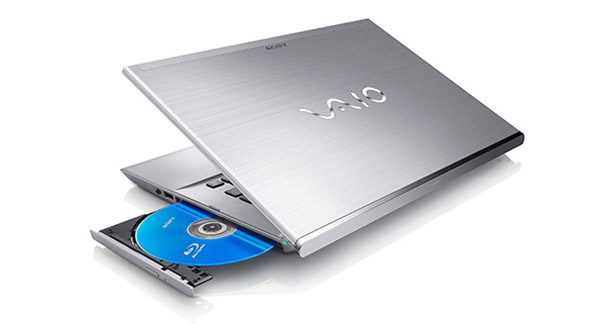In the ever-evolving world of technology, the debate between ultrabooks and tablets continues to gain traction. Both devices offer unique advantages and cater to different user needs. This article delves into the specifications and features of ultrabooks and tablets, helping you make an informed decision in the battle of Ultrabooks vs Tablets.
| Feature | Ultrabooks | Tablets |
|---|---|---|
| Weight | Lightweight (2-3 lbs) | Very lightweight (1-2 lbs) |
| Battery Life | 8-12 hours | 10-15 hours |
| Performance | High performance with Intel i5/i7 | Moderate performance with ARM processors |
| Operating System | Windows/macOS | iOS/Android |
| Storage Options | SSD (128GB – 1TB) | Varies (16GB – 1TB) |
| Screen Size | 13-15 inches | 7-12 inches |
| Keyboard | Full keyboard | On-screen keyboard or detachable |
When considering the Ultrabooks vs Tablets debate, it’s essential to evaluate your specific needs. Ultrabooks are designed for users who require high performance and productivity, making them ideal for professionals and students. They typically come with powerful processors, ample storage, and a full keyboard, which enhances the overall user experience.
On the other hand, tablets are perfect for casual users who prioritize portability and ease of use. They are lightweight, have long battery life, and are great for media consumption, browsing, and light productivity tasks. Tablets often come with touch screens, making them user-friendly for various applications.
For more insights on laptops, check out GizmoWheelz Laptop Category.
In conclusion, the choice between ultrabooks and tablets ultimately depends on your lifestyle and usage requirements. If you need a powerful machine for work or study, an ultrabook is the way to go. However, if you seek a device for entertainment and casual use, a tablet may be more suitable.
For further reading on the latest technology trends, visit TechRadar.
Advertisements







